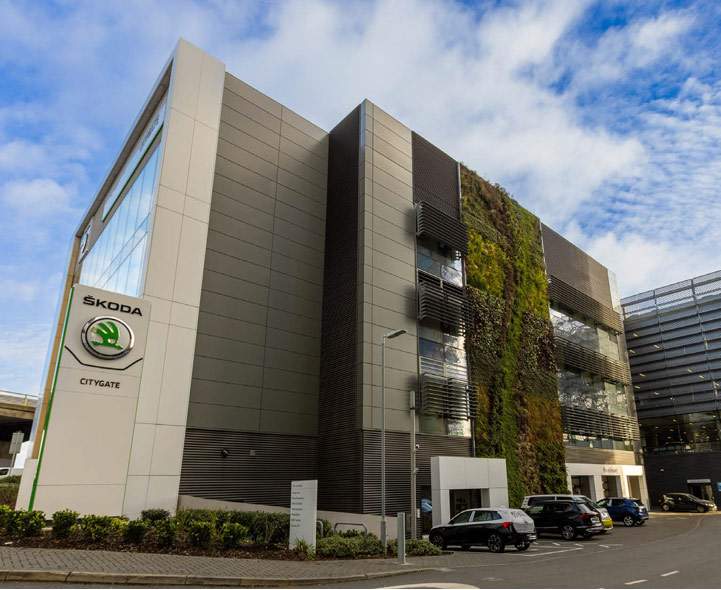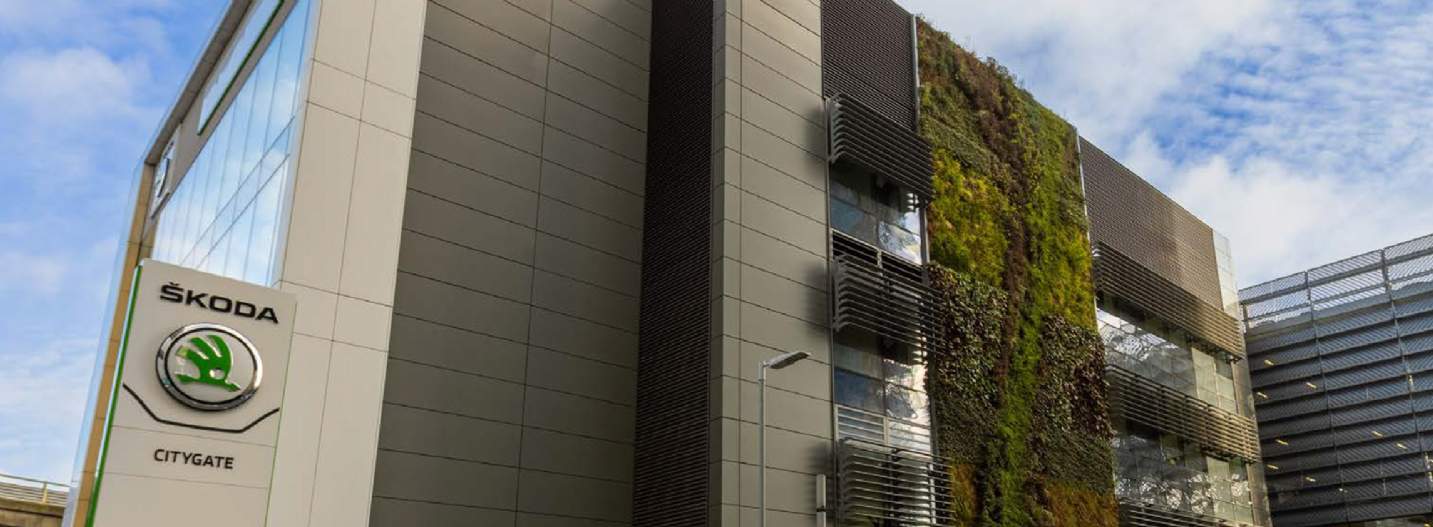The sustainable challenge for the automotive sector will inevitably extend beyond electrification of vehicles. But, as always, with significant challenge comes great opportunity
There is currently key policy that has already been implemented which is impacting dealers and their property. This is the foundation that dealers currently must lawfully follow or will have to in the short term and mainly surrounds Minimum Energy Efficiency Standards (MEES). Dealers who own freehold properties with leases in place are being faced with mounting pressures on MEES regulations – this is to do with the energy performance of dealership property. Since April last year, it has been unlawful for landlords of commercial property to grant a new lease of, or continue to let property with an energy performance certificate (EPC) below an ‘E’. This includes lease renewals.
The vast majority of commercial buildings are not aligned with the decarbonisation agenda. So, what does this mean for dealership property in particular? Can there actually be a payback and cost saving by moving towards environmental sustainability? And lastly, does it go beyond carbon emissions?
Energy efficiency and environmental sustainability already have legislative implications for car dealers and their property. There are simple steps that can be taken now that will not only allow dealers to save on their energy bills in the short term, but ultimately they can begin to future-proof their property assets against the inevitable shift to carbon net zero
Bobby Barfoot, Senior Surveyor, Automotive
In the property sphere, like many other sectors, sustainability is broken down into the term ‘ESG’, which stands for environmental, social and governance. These are the three criteria that together establish the framework for assessing the impact of sustainability and ethical practices.
'Environmental' looks at how property safeguards the environment, largely through carbon emissions and addressing climate change. 'Social' examines how property manages relationships between people and communities in which the property interacts. 'Governance' deals with leadership and, to an extent, is less relevant in the property sphere.
In a real estate context, these requirements influence investment approaches as they may affect prospects for rental and capital growth, and susceptibility to obsolescence (Royal Institution of Chartered Surveyors). Some investors, occupiers and lenders may also have minimum requirements in order to transact.

Given that there is a trend in rising demand from both landlords and tenants looking for sustainable real estate, we can expect ‘greener’ buildings to receive value premiums, which will continue to hold more weight as we move towards the Paris Agreement deadline. This will also have branding and marketing impacts for occupiers as well as the marketability and saleability of the property itself for landlords.
There is currently limited empirical evidence as to how these premiums might be quantified or calculated and is seen as more of a positive sentiment towards value. It is likely there will be a first-mover advantage as earlier adopters will enjoy more rental and price premiums as they start to be established than those who adopt green standards further down the line.
Buildings that do not align with the Paris Agreement will have a stranding date, which is the point in time when costs will be incurred to align with the Paris Agreement. Dealerships with a closer stranding date will inherit a carbon risk with higher costs to align, inducing reputational risks, again making buildings less attractive to tenants and buyers.
Most dealers do not realise that there are simple steps that can be taken now to improve energy efficiency and potentially save on energy bills.
